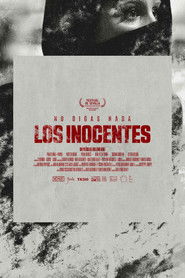detail profile pablo g c3 b3mez pando

Info Pribadi
Peran Yang Di Mainkan Pablo Gómez-Pando
 Andres Cuadrado is an oldfashioned civil...
Andres Cuadrado is an oldfashioned civil...How to Be a Modern Man 2023
Andres Cuadrado is an old-fashioned civil servant. Conservative and somewhat macho, he takes his job at the Ministry of Finance very seriously. He considers himself above all a person "as God commands" and, consequently, he takes it for granted that everything responds to a natural, hierarchical and immovable order. After an unfortunate confrontation with a colleague, Andrés is disciplined and transferred to the Ministry of Equality. There everything is totally new to him: there are no assigned places, no schedules, and everyone is a vegan. Andres will have a lot of catching up to do to adapt to this new order of things.
 Seville Spain Juan Santos a convicted...
Seville Spain Juan Santos a convicted...Goodbye 2019
Seville, Spain. Juan Santos, a convicted petty criminal, gets out of jail for a day to celebrate with Triana, his wife, the first communion of their daughter Estrella.
 Violeta is in her early twenties...
Violeta is in her early twenties...Violeta Doesn't Take the Elevator 2019
Violeta is in her early twenties and is doomed to spend the summer in Madrid doing an internship in a publishing house. During those weeks, she will make new friends, and she will make decisions, some good, some bad. And, above all, she will learn that failure is more an art than a tragedy.
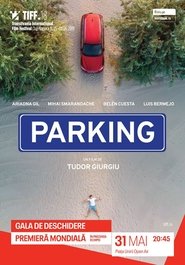 Adrian is a young poet who...
Adrian is a young poet who...Parking 2019
Adrian is a young poet who decides to leave Romania and go live to Spain. He wants to change his life, earn some money and learn Spanish. Upon arriving in Cordoba, he works at a car dealership that sells both old and new cars. During the day he hides in a small caravan in the parking lot of the car dealership. One day, Adrian finds a package with a CD and poster for a tour of one flamenco / jazz band. He is enchanted by the music and by the picture of Maria, who plays a bass guitar in the band. They both meet after a concert on the beach, where they begin their relationship full of passion, problems and surprises.
 Germn an honest family man sees...
Germn an honest family man sees...When the Angels Sleep 2018
Germán, an honest family man, sees how his whole world wobbles the night when, driving home, accidentally runs over two teenage girls. From that moment, Germán will have to do everything in his power to prevent his life from being destroyed forever.
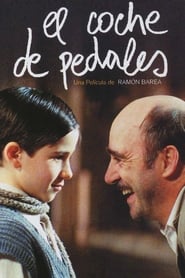 During Holy Week of 59 in the...
During Holy Week of 59 in the...The Pedal Push Car 2004
During Holy Week of 59 in the tragicomic social landscape of Franco's Spain, takes place the sentimental chronicle of a nine years old boy: Pablito. Pablito wants the pedal car he sees in a shop near his home. His family -middle class with bad luck - silently suffers the pressure of the other part of the family- middle class with good luck and best influences. The desire of the car and the hope to get it encourage his parents to take the child, piggy bank in hand, through a strange journey to the colorful and surprisingly familiar world full of lies and blackmail. Pablito emotionally survives in that environment thanks to his ability to get from his imagination the answers that parents and teachers do not give him. And that way, Pablito will create his own happy ending.
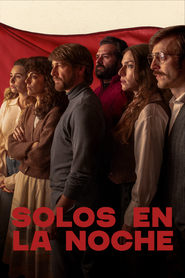 A group of labour lawyers hide...
A group of labour lawyers hide...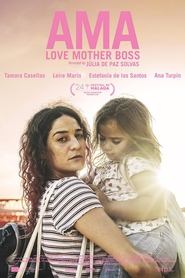 A portrait of the myth of...
A portrait of the myth of...